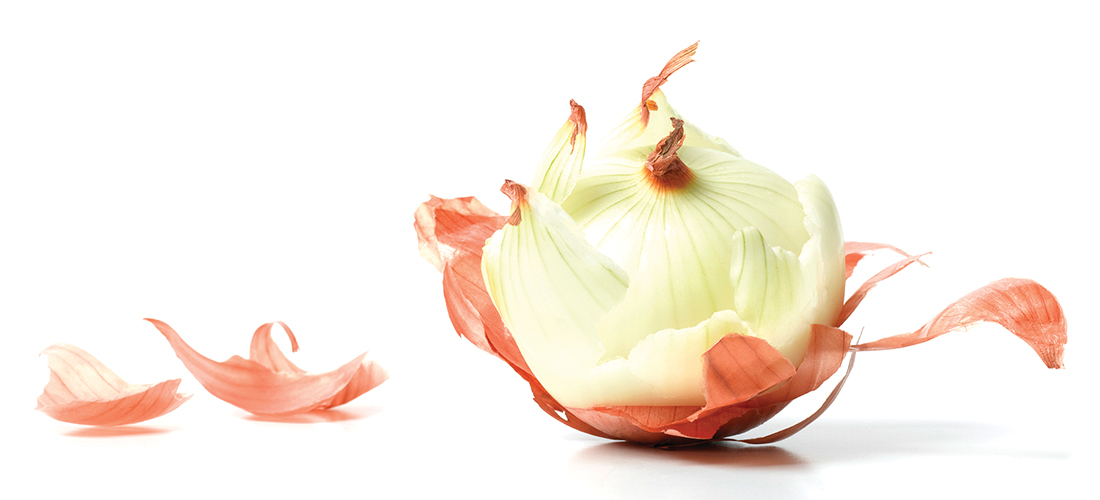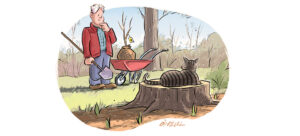
A superfood for your garden
By Karen Frye
Superfoods became sought after several years ago, and are still going strong. They are highly nutrient dense in antioxidants, vitamins and minerals. Usually they are plant based, and sometimes exotic. Acai, goji berries and moringa are a few of the superfoods that are not typically grown in the U.S. and can be rather expensive to add to your diet. We are more familiar with easy-to-find blueberries and raspberries.
A vegetable that tops the list of healing foods, and one you should include if you’re planting a garden this spring, is the onion. It has been used throughout the ages to treat and heal health maladies from head to toe. They grow easily here, and can be added to your diet in many ways.
Grown all over the world, onions were one of the most highly revered vegetables in cultures dating back to the Egyptians. They have even been used as currency. Onions were placed in the tombs of kings, including King Tut.
What makes the onion so rich in healing benefits, even more so than its relative, garlic? They are rich in a potent, well-studied bioflavonoid and powerful antioxidant, quercetin, used to treat seasonal allergies. Quercetin kills cancer cells and prevents plaque buildup in the arteries.
Onions also contain sulfur compounds. These compounds have antimicrobial and anti-fungal properties that have been studied in connection with the prevention and treatment of heart disease, atherosclerosis, cancer, diabetes, asthma and many more health problems.
Eating onions regularly can help lower cholesterol, lower blood pressure and reduce your risk of heart attack and stroke. We think of garlic as a potent remedy for these conditions, and a lot of people take garlic capsules daily for prevention. Actually, onion oil is 10 times more potent than garlic oil.
Adding onions to your plate can help balance your blood sugar and assist in normal functioning of the liver and kidneys. Women who eat onions daily had a bone density about 5 percent higher than those who only ate onions occasionally. And eating onions regularly may help prevent periodontal disease, by reducing the harmful bacteria that leads to this problem. Even though it’s best to eat them raw, the nutritional benefits are still available if you sauté, steam or bake them. Fried onions, however, lose a lot of value.
Topically, onion juice can be a very effective treatment to reduce scars. It’s so effective that there are some skin care products that use onion extract in their concoctions. A friend shared with me that his mother always reached for a raw onion to rub on insect bites to alleviate the itch. Onion poultice is easy to make, and works wonders for respiratory conditions. Simply slice a few onions and steam them for about 10 minutes. Pat them dry and wrap in a clean medium-sized dish towel. Place the warm (not too hot) poultice on the chest to break up congestion and coughing.
An onion a day may keep the doctor away. After all, food is our best medicine.
Karen Frye is the owner and founder of Nature’s Own and teaches yoga at the Bikram Yoga Studio.





